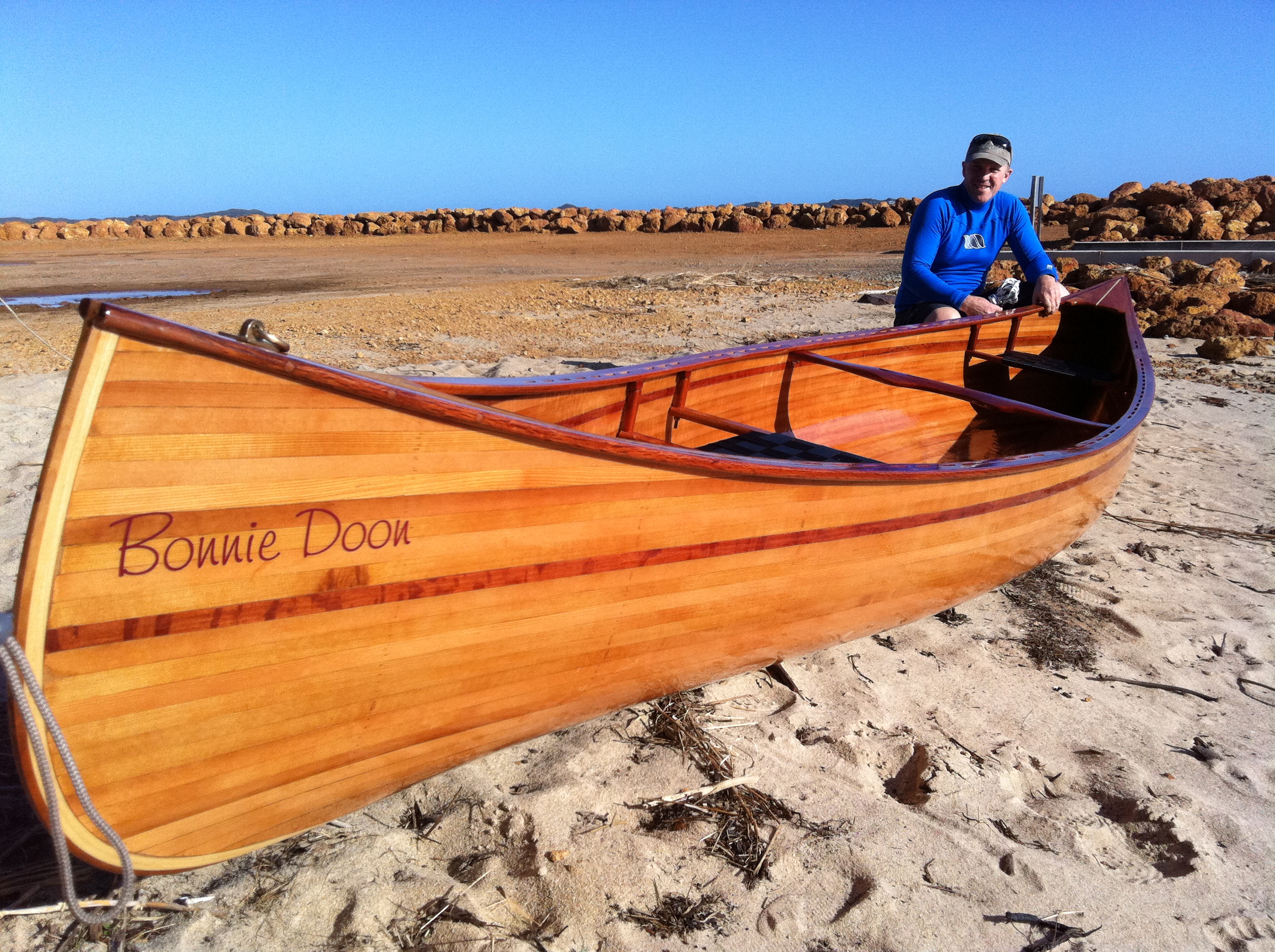This blog is becoming my dumping ground for cut and paste book reviews, but – whatever!
The White Earth by Andrew McGahan has been one of the best reads for the year. I am not sure who recommended it to me, but I picked it up in a new little bookshop in William St Northbridge – SECONDHAND! Yes I love a bargain and this I found for $4. I carry a list of books I wantto read and if I find a shop that stocks second hand books I pull out the iPhone and search my list until I find one on the shelf, and this was found! I seem to be reading into a bit of a rut in the past year. An enjoyable one though. The theme seems to be around either early Australian white settlement/invasion and the interaction with indigenous Aussies or more recent history (still Australian) and (again) white fella interaction with black fellas, like this one around the Mabo issue and land rights in the early ’90’s. Some ugly history we have, obvioulsy good fodder for the stuff novels are made of, but what I like is that the books I have been reading reveal something of the truth behind the ugliness and bloody mindedness of white settlers, pioneers and explorers. I know that it can be passed off as ‘culture’, ‘the way things were’, ‘the times’ or whatever, and some say we would have done the same in the time…but I hope not! I love that many if not all the books I have read lately have shown the one or two stand out European characters that have stood their ground, stood for the Aboriginal, built relationship with one or many. Usually what follows for the white is rejection, isolation and sometimes even punishment and death for the stand taken for the plight of the Aboriginal. I plan to read an auto biography next…wait and see.
 The White Earth
The White Earth
(Miles Franklin Award 2005)
William is only eight when he sees a huge smoke cloud erupt on the family farm. He is confused by the events that follow – the smell of smoke, the ringing of the telephone, the appearance of neighbour’s vehicles. But eventually he realises his father has been killed in a tractor fire. William and his mother are left destitute by his father’s passing, and with the unstable mother unable to either care properly for William or work for a living, they are forced to accept the charity of an uncle William didn’t know existed.
Moving into his uncle’s home, Kuran House, does not provide the stability William needs. His uncle has spent his life in an obsessed quest to own Kuran Station and now needs an heir to continue his life’s work. He is not, however, prepared to simply name William in his will. He wants the boy to prove himself. William’s mother, desperate for security and a better life, expects William to perform for his uncle. And, while William works to try to balance the competing needs of these two unbalanced adults, he is also battling a health problem which no one around seems at all concerned with.
Alongside the personal struggles of William and the unstable grown ups who seem to occupy his world is the story of the Mabo case and the land rights debates of the late 20th century. The novel is set in 1992, the year the Mabo case was playing out in the nation’s courtrooms and television sets. William’s uncle is involved in the White Australia movement, through the Australian Independence League and has William assist him in his work. William is a boy desperate for love, acceptance and order and he is drawn into what he sees the League offering him. It is much later in the novel that he is forced to question both the League and his uncle’s beliefs and action.
The White Earth is a complex story, with parallel plots involving William’s present and his Uncle John’s past. As William’s story unfolds we also learn what has brought his uncle to this place in his life – both physically and emotionally. It is a novel with many shocks, gripping the reader with its sheer awfulness. Those who have read Dickens will draw parallels between Uncle John and Miss Havisham and be aware of the Dickensian feel to both the progression of the tale and the overall tone.
That said, this is a very Australian novel, with a very Australian setting and cast.
Shattering.
The White Earth, by Andrew McGahan
Allen & Unwin, 2004
Review ref here










You must be logged in to post a comment.